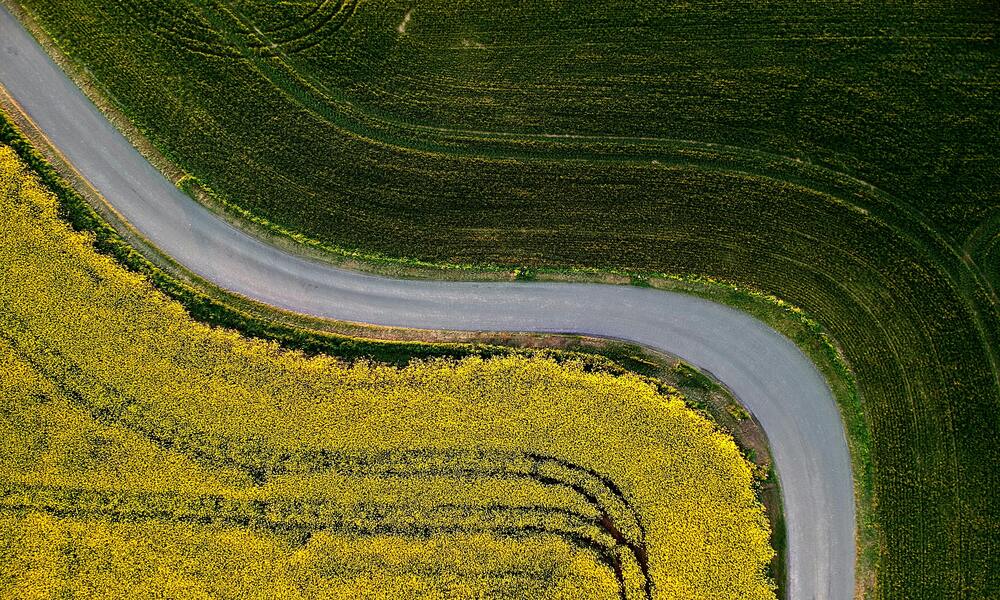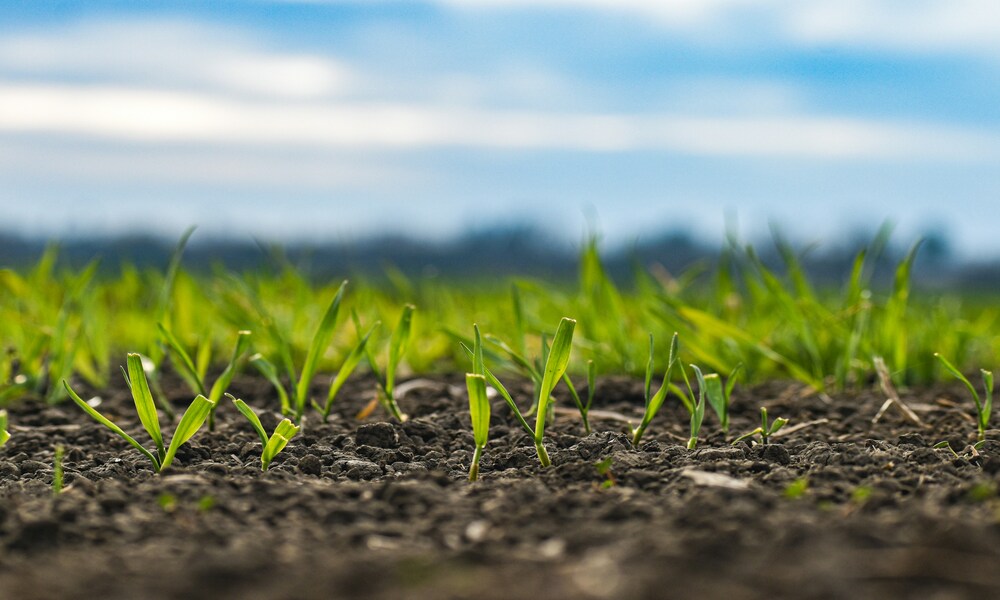This year’s Cereals event felt like the show was truly back in the fast lane. The weather was great, the layout worked brilliantly, and crucially, there was an audience of farmers and the wider arable supply chain who came because it was genuinely relevant to their businesses. After struggling post-COVID and losing ground to other shows, it really felt like Cereals had regained its position as a focused, technical event where people knew they could network and do business.
So, when the announcement came that next year’s Cereals would be held at Diddly Squat Farm, my first reaction was “Oh, that’s really exciting.” Though the more I’ve thought about it, the more I’ve realised there are some serious questions that need addressing to make this work and build on this year’s success.
For me, there are two key issues at play. Firstly, Cereals must retain its integrity as a technical event. Farmers and the arable supply chain attend because it’s relevant. They know they’re going to be able to network, learn about the latest technology, and do serious business. That’s what makes Cereals what it is.
Secondly, holding the event at Diddly Squat Farm creates both an opportunity and a challenge. The farm’s association with Jeremy Clarkson generates massive public interest—I’ve already been approached by numerous people who want tickets simply because of the Clarkson connection, including many who aren’t typically engaged with agriculture but are interested in countryside and food issues.
This presents a dual challenge: how do we leverage this public interest to benefit the agricultural industry (and should we?) while still serving our core professional audience? Can we successfully deliver both objectives, or are these two goals fundamentally incompatible?”
The opportunity and the challenge of public interest
Let’s be honest, Diddly Squat Farm brings with it a level of public interest that most agricultural events could only dream of. The TV series has captured the imagination of people who might never normally engage with farming, creating genuine interest in the countryside, food production, and the challenges farmers face.
This presents an amazing opportunity. As an industry, we could use this platform to project our messages in a way that’s similar to Open Farm Sunday, where 200 farms open their doors to 200,000 members of the public. There’s a chance to create momentum around farmers, farming, food, and the environment being an important part of society. The Clarkson connection could serve as a bridge, drawing in people who might not normally engage with agricultural issues but are curious about countryside life and food production.
But there’s a definite challenge. When I stood in the middle of this year’s Cereals event, in every direction I looked, there were things of genuine interest for farmers and the arable supply industry. But if I was a member of the public interested in the countryside – beyond thinking “wow, those are really big machines” and “look at that robot”- where’s the rest of the content that would keep me engaged for a full day?
A risk of dilution?
The danger is that the very thing that makes Cereals valuable, its technical focus and professional relevance, could be compromised. If exhibitors start worrying that they will be inundated with people who only want hats and pens, rather than serious business discussions, the whole dynamic could shift.
The consumer who is interested in food, environment, and farming doesn’t think in terms of arable farms versus dairy farms, they think of farmers as farmers, people who produce the food they buy. They’re interested in good quality, safe British food, alongside environmental priorities like clean water, biodiversity, and nature. However, they’re probably not interested in the level of technical detail that makes Cereals genuinely valuable to the industry.
I don’t pretend to have all the answers. In truth this is uncharted territory. Could there be two separate areas of the event where people can crossover if they want, but each maintains its specialist focus?
Partnering with industry representatives—the NFU, AHDB, CLA, and other membership organisations focused on agricultural education and advocacy—could represent a real opportunity. These organisations understand both the technical needs of their members and the importance of public engagement.
Risk vs opportunity
The move to Diddly Squat Farm poses a significant risk and opportunity. If managed well, it could be amazing. There’s a potential to create a platform that serves both the serious technical audience that Cereals has always attracted while genuinely engaging the public with farming and food production.
But if it’s just left to sell itself on the celebrity factor, the people who will suffer will be those on the farming side. There’s a real risk it gets taken over by the entertainment aspects rather than the serious agricultural content that makes Cereals a valuable industry event.
The logistics are also daunting. There’s talk about potentially doubling attendance from 17,000 to 35,000 people in what’s already described by local villages as a busy area. The infrastructure needs to be in place and logistics will have to be well-managed to deliver an event that’s enjoyable for those who attend while avoiding bad press.
Perhaps the biggest question is whether we as an industry are ready to rise to this challenge. This isn’t just about the organisers getting it right, though they clearly have a major balancing act ahead of them. It’s about whether we can collectively leverage this platform to showcase not just the arable industry, but British farming as a whole.
The public interest is there. The platform is there. The challenge is ensuring we don’t lose what makes Cereals special in our enthusiasm to embrace what could make it spectacular.
I tend to look at things from a glass-half-full perspective, so I’m genuinely excited about the possibilities. But I’m also aware of the major pitfalls. The question isn’t whether this will generate interest, it will sell itself. The question is whether we can harness that interest in a way that benefits both the industry professionals who rely on Cereals and the broader agricultural sector that could benefit from increased public understanding.
It’s a fascinating experiment, and I’ll be watching with great interest to see how it unfolds. After all, there’s nothing quite like a bit of uncertainty to make things interesting, and if anyone can navigate these waters, it’s an industry that’s been adapting to challenges for generations.





